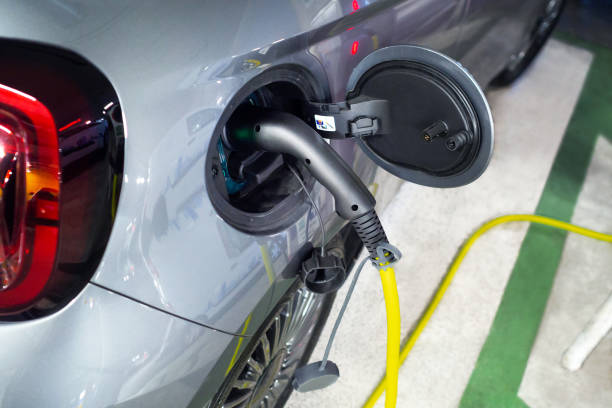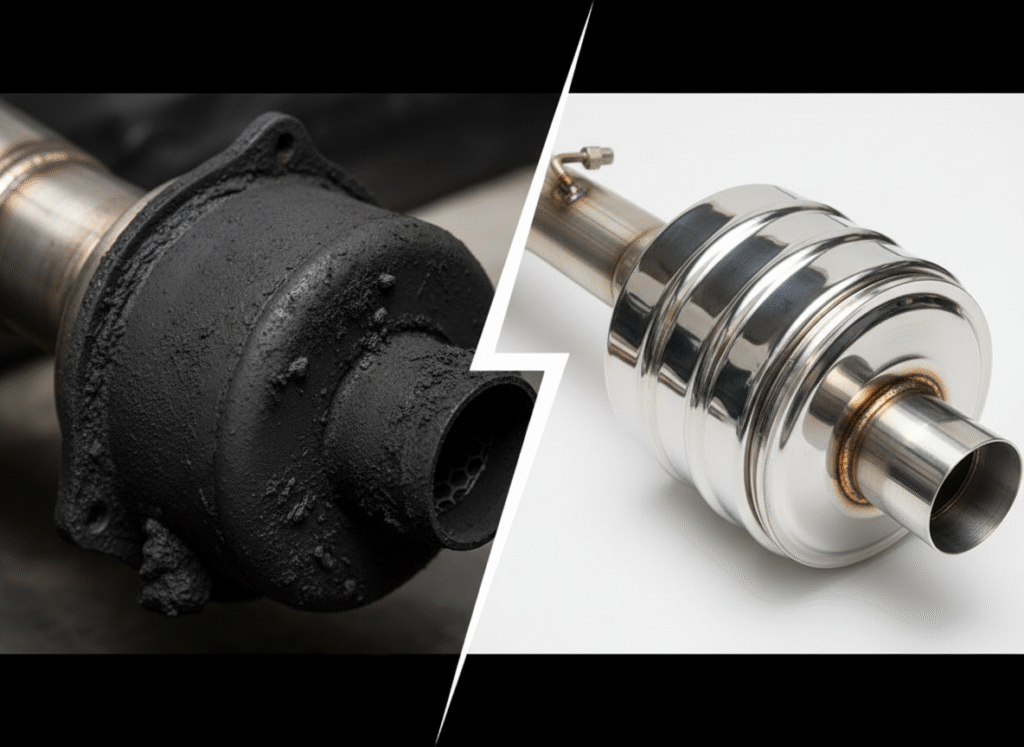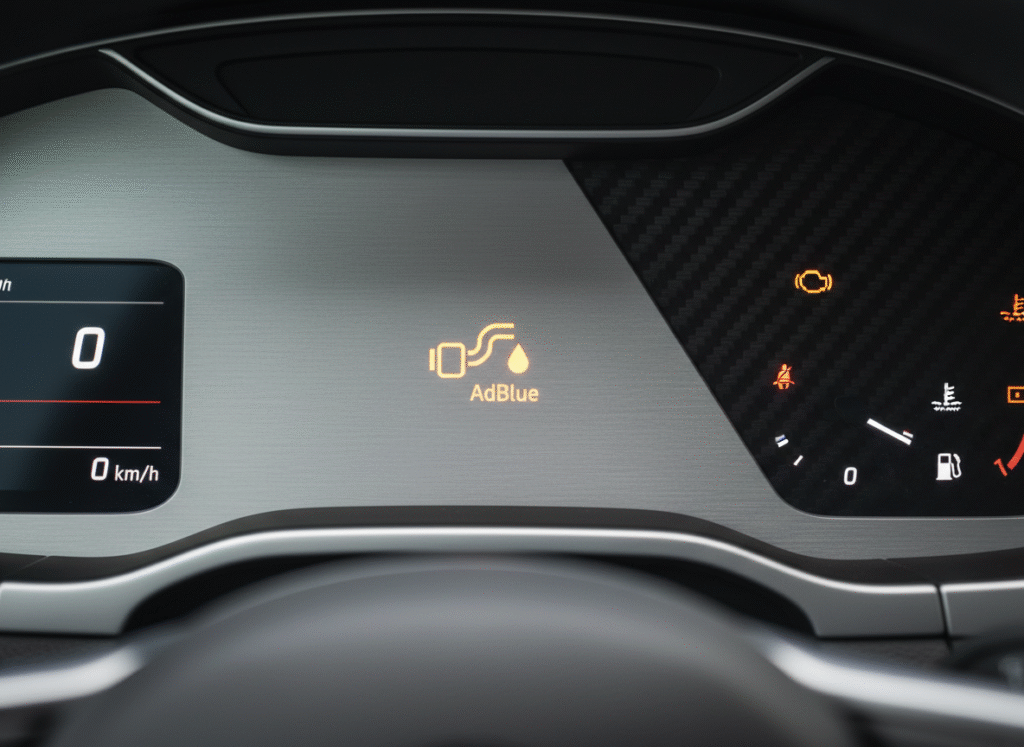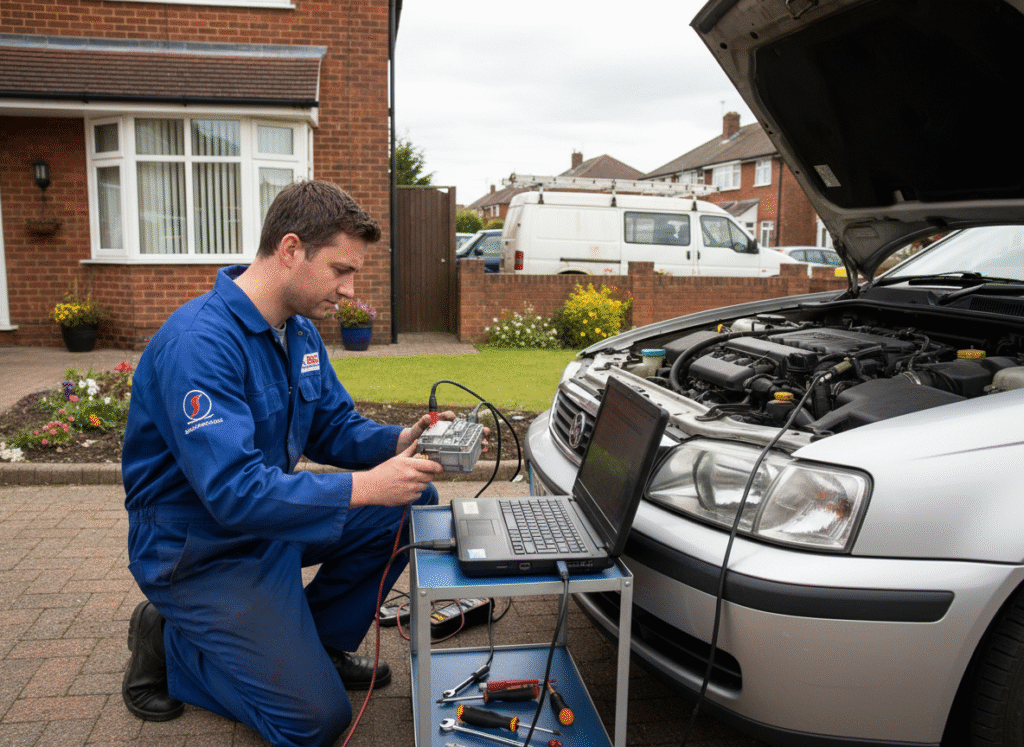Improving Fleet Fuel Efficiency is one of the most significant expenses for fleet owners and managers. Reducing these costs not only improves the bottom line but also enhances environmental sustainability. By adopting effective strategies, fleets can achieve optimal fuel efficiency while maintaining performance and reliability. Here’s a comprehensive guide to improving fleet fuel efficiency and lowering costs.
1. The Importance of Fleet Fuel Efficiency

Efficient fuel usage offers multiple benefits:
- Cost Savings: Lower fuel consumption directly reduces expenses.
- Environmental Benefits: Reduced fuel usage means fewer greenhouse gas emissions, contributing to sustainability goals.
- Vehicle Longevity: Fuel-efficient practices often lead to less wear and tear on vehicles.
Optimizing fuel efficiency is no longer a luxury but a necessity for modern fleet management.
2. Factors Affecting Fleet Fuel Efficiency
a. Vehicle Maintenance
Poorly maintained vehicles consume more fuel due to inefficiencies in the engine, tires, and other components.
b. Driver Behavior
Aggressive driving, excessive idling, and speeding significantly impact fuel economy.
c. Route Optimization
Inefficient routes increase mileage and fuel consumption unnecessarily.
d. Vehicle Specifications
Heavy vehicles or those with outdated engines often have lower fuel efficiency.
3. Strategies to Improve Fleet Fuel Efficiency
a. Regular Vehicle Maintenance
Routine maintenance is the cornerstone of fuel efficiency.
- Engine Tuning: Ensures the engine operates at peak performance.
- Tire Maintenance: Properly inflated and aligned tires reduce rolling resistance.
- Oil Changes: Using the right oil improves engine efficiency.
- Air Filter Replacement: Clean filters allow engines to breathe easier, improving combustion.
b. Optimize Driver Behavior
Driver habits play a significant role in fuel consumption. Implementing training programs can encourage:
- Smooth Acceleration and Deceleration: Reduces fuel waste and stress on the engine.
- Speed Regulation: Maintaining consistent speeds avoids excessive fuel usage.
- Minimizing Idling: Encourages turning off engines during prolonged stops.
c. Implement Telematics Systems
Telematics systems monitor vehicle performance and driver behavior in real time. Benefits include:
- Tracking Fuel Consumption: Identifies areas for improvement.
- Analyzing Driver Patterns: Highlights inefficient driving habits.
- Real-Time Alerts: Provide immediate feedback to drivers for corrective actions.
d. Adopt Route Optimization Tools
Planning the most efficient routes reduces unnecessary mileage and fuel usage. Modern route optimization tools:
- Consider traffic patterns.
- Suggest shorter or faster routes.
- Adapt routes in real-time based on road conditions.
4. The Role of Vehicle Technology in Fuel Efficiency
a. ECU Tuning for Optimal Performance
Engine Control Unit (ECU) tuning is a game-changer for fleets. By recalibrating the ECU, vehicles can:
- Achieve better fuel efficiency.
- Enhance torque and power without increasing consumption.
- Operate more efficiently under specific conditions.
b. Use of Aerodynamic Enhancements
Adding aerodynamic features, such as roof fairings and side skirts, reduces drag and improves fuel economy for trucks and larger vehicles.
c. Lightweight Materials
Replacing heavy components with lightweight materials decreases the overall weight of vehicles, leading to better fuel efficiency.
d. Hybrid and Electric Vehicles
Transitioning to hybrid or electric fleet vehicles significantly lowers fuel costs and reduces dependence on fossil fuels.
5. Fuel Monitoring and Management Systems
Implementing fuel management systems allows fleet managers to keep a close eye on fuel consumption.
Features of Fuel Management Systems:
- Tracks fuel usage per vehicle.
- Detects fuel theft or wastage.
- Provides analytics to guide efficiency improvements.
These systems empower fleet operators with actionable insights to reduce fuel consumption.
6. Policies to Encourage Fuel Efficiency
a. Driver Incentive Programs
Rewarding drivers who achieve fuel efficiency benchmarks motivates better-driving behavior.
b. Establishing Idling Limits
Implementing policies to minimize idling time can save significant fuel over time.
c. Regular Training Programs
Educating drivers on fuel-efficient techniques ensures consistent adherence to best practices.
7. Case Studies: Success Stories in Fleet Fuel Efficiency
Case Study 1: Logistics Company Reduces Costs
A mid-sized logistics company implemented route optimization and telematics systems. Result:
- 15% reduction in fuel costs.
- Improved on-time deliveries.
Case Study 2: Transition to ECU Tuning
A transportation firm reprogrammed its fleet’s ECUs for efficiency, achieving:
- 12% better fuel economy.
- Lower maintenance costs due to optimized engine performance.
Case Study 3: Driver Training Pays Off
A courier service conducted bi-annual driver training, leading to:
- 10% decrease in aggressive driving incidents.
- 8% fuel savings within the first year.
8. Benefits of Fuel-Efficient Fleet Management
a. Financial Savings
Fuel-efficient strategies reduce operational costs, freeing up resources for other priorities.
b. Competitive Advantage
Cost savings can be passed on to clients, making services more attractive.
c. Reduced Carbon Footprint
Fuel efficiency aligns with sustainability goals, appealing to environmentally conscious customers.
9. Why Leicester Remaps is Your Partner in Fuel Efficiency

At Leicester Remaps, we specialize in ECU tuning and fleet optimization solutions to help you achieve superior fuel efficiency.
Our Services Include:
- Custom ECU remapping for optimized performance.
- Expert consultation to identify and address inefficiencies.
- Comprehensive solutions tailored to your fleet’s needs.
Why Choose Us?
- Proven expertise in improving fleet fuel economy.
- Use of advanced technology and techniques.
- Dedicated support to ensure long-term benefits.
10. Conclusion
Improving fleet fuel efficiency is a strategic move that benefits your business, the environment, and your customers. By combining advanced technology, effective policies, and Leicester Remaps’ expertise, your fleet can achieve significant cost savings and sustainability goals. Invest in these strategies today and pave the way for a more efficient and profitable future.
















